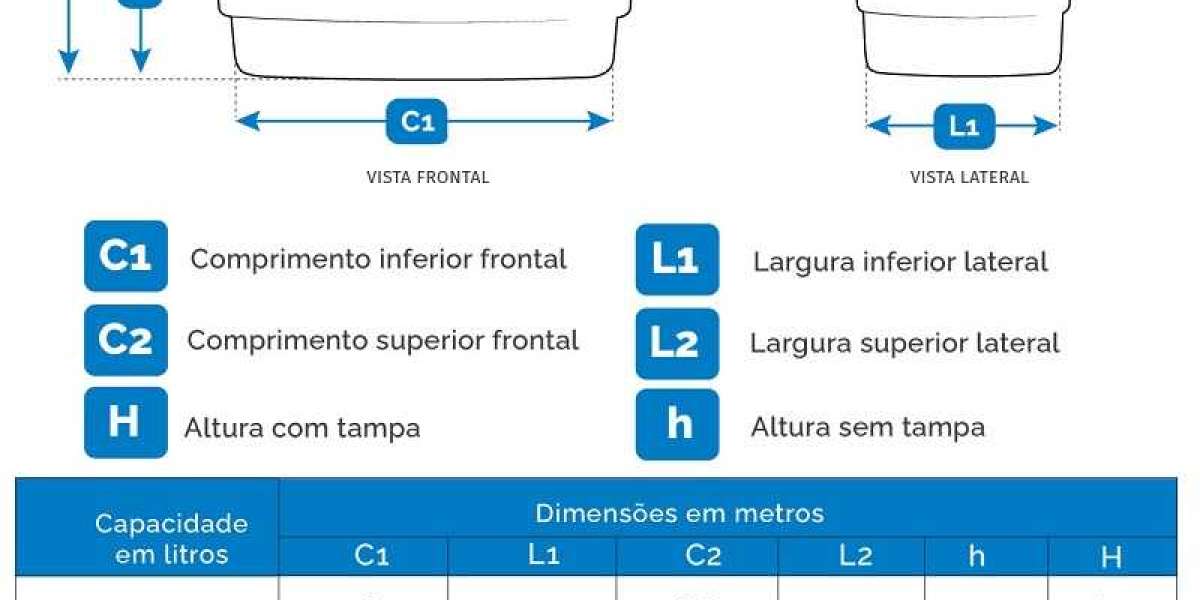Studying MBBS in Egypt has become an appealing choice for students worldwide, particularly for those from countries such as India, Pakistan, and other regions seeking affordable, high-quality medical education. Egyptian universities like Cairo University, Alexandria University, and Ain Shams University are renowned for their rigorous programs, globally recognized degrees, and well-developed clinical training, making them competitive with Western medical schools at a fraction of the cost. With a rich cultural heritage, welcoming environment, and affordable cost of living, Egypt provides international students with an ideal balance of quality education and life experience.
Why Choose Egypt for MBBS?
Egypt’s medical education system holds a strong reputation globally, with degrees accredited by prestigious institutions, including the World Health Organization (WHO) and the Medical Council of India (NMC). Graduates from Egyptian medical universities are eligible to take medical licensing exams in several countries, including the United States (USMLE), the United Kingdom (PLAB), and India (FMGE). This international recognition allows students to pursue medical careers worldwide, providing them with an advantage in the global job market.
Affordable Tuition and Living Costs
One of the primary reasons students choose Egypt for MBBS studies is affordability. Tuition fees for MBBS programs in Egypt range from approximately $4,000 to $7,000 annually, which is considerably lower than the fees in many Western countries. This cost-effectiveness makes Egypt accessible to a broader range of students who may not have the financial resources to study in Europe or North America. Additionally, the cost of living in Egypt is quite low. Monthly expenses, including accommodation, food, and transportation, typically range between $300 and $500, depending on the city and lifestyle choices. This budget-friendly environment allows students to focus on their studies without the financial burden often associated with medical education in other parts of the world.
Quality of Education and Facilities
Egyptian medical universities are equipped with state-of-the-art facilities, advanced laboratories, and affiliated hospitals that provide a comprehensive medical education. Universities such as Cairo University and Alexandria University are recognized for their strong academic standards and practical training methods. The MBBS curriculum in Egypt is designed to cover essential medical sciences, with an emphasis on building clinical and practical skills through hands-on experience. Students are introduced to foundational medical knowledge in their initial years, progressing to more specialized subjects as they advance. Egyptian universities focus heavily on clinical exposure, with students actively participating in clinical rotations at affiliated hospitals. This real-world experience is invaluable, as it allows students to develop diagnostic and treatment skills under the supervision of experienced professionals.
English-Medium Programs for International Students
Most medical universities in Egypt offer MBBS programs in English, catering to a diverse group of international students. This English-medium instruction makes the curriculum accessible to students from non-Arabic-speaking countries, ensuring they can fully engage in their studies. Although basic knowledge of Arabic can be beneficial, especially during clinical rotations with local patients, English remains the primary language of instruction. Universities may also offer language support services for students interested in learning Arabic, which can enhance their communication skills in clinical settings.
Admission Requirements
The admission process for MBBS programs in Egypt is straightforward, with eligibility criteria designed to attract students with strong academic backgrounds. Generally, applicants must have completed their higher secondary education with a focus on science subjects, specifically Biology, Chemistry, and Physics. Indian students are required to qualify in the National Eligibility cum Entrance Test (NEET) to apply for MBBS programs in Egypt and to practice in India after graduation. Other necessary documents include academic transcripts, a valid passport, and, in some cases, a medical certificate. Most universities do not require standardized English language test scores (such as IELTS or TOEFL), although proficiency in English is expected.
Cultural Experience and Student Life in Egypt
Studying in Egypt offers an enriching cultural experience for international students. Egypt is known for its vibrant history and heritage, with landmarks such as the Pyramids of Giza, the Nile River, and ancient temples that attract tourists from around the world. Students have the unique opportunity to explore these historical sites and immerse themselves in a culture that seamlessly blends ancient traditions with modern influences. Egyptian society is welcoming and known for its hospitality, making it easier for international students to adapt and feel at home. Universities often have international student support centers that provide resources and organize events, helping students build connections and foster friendships.
Clinical Training and Career Opportunities
A significant advantage of studying MBBS in Egypt is the extensive clinical training integrated into the curriculum. During the final years of their MBBS program, students undergo clinical rotations in affiliated hospitals, gaining practical experience in diagnosing and treating patients. These rotations cover various specialties, such as internal medicine, surgery, pediatrics, and obstetrics and gynecology, providing students with a well-rounded clinical experience. This training is critical for developing the hands-on skills needed to excel in the medical field, enabling graduates to pursue careers both locally and internationally. Many students use this clinical experience to prepare for licensing exams like the USMLE or PLAB, enhancing their prospects of working in the United States, the United Kingdom, or other countries.
Scholarships and Financial Aid
To support international students, many Egyptian universities offer scholarships and financial aid based on academic merit or financial need. These scholarships help reduce the tuition burden, making medical education even more accessible. Prospective students should research specific scholarship opportunities at their chosen universities, as eligibility criteria and availability can vary. Applying early and maintaining a strong academic record can improve the chances of receiving financial assistance.
Steps to Apply for MBBS in Egypt
- Select a University: Research Egyptian universities offering MBBS programs to find one that aligns with your academic and financial needs.
- Check Eligibility: Ensure you meet the academic requirements, such as minimum scores in science subjects and NEET qualification if you’re from India.
- Submit Application: Complete the online application form and submit the required documents, including transcripts and passport copies.
- Pay Fees: Pay the application and admission fees as specified by the university.
- Receive Admission Confirmation: If accepted, the university will send an offer letter or admission confirmation.
- Apply for Student Visa: Use your admission letter to apply for a student visa for Egypt.
- Prepare for Arrival: Plan your travel, accommodation, and other essentials before starting your course.
Conclusion
Pursuing an MBBS in Egypt offers students a unique combination of quality education, affordability, and cultural enrichment. With globally recognized degrees, extensive clinical training, and supportive environments, Egyptian universities prepare students for successful medical careers worldwide. The affordable tuition fees and cost of living make it an ideal destination for students from diverse backgrounds, while English-medium programs ensure accessibility for non-Arabic speakers. For students looking to gain a competitive medical education in a culturally vibrant setting, Egypt is an excellent choice that promises both academic and personal growth.







